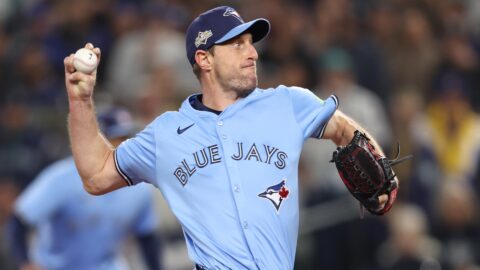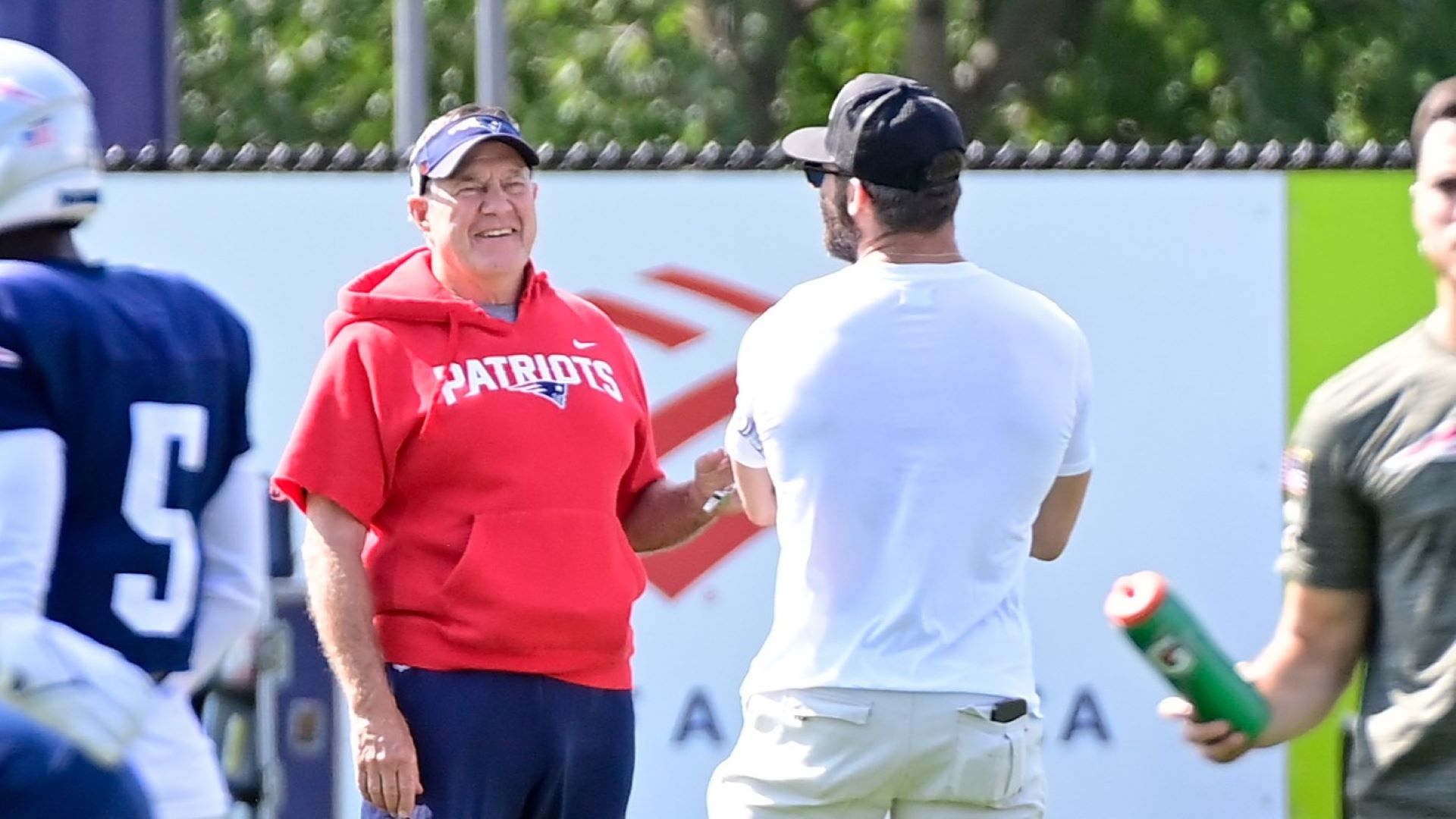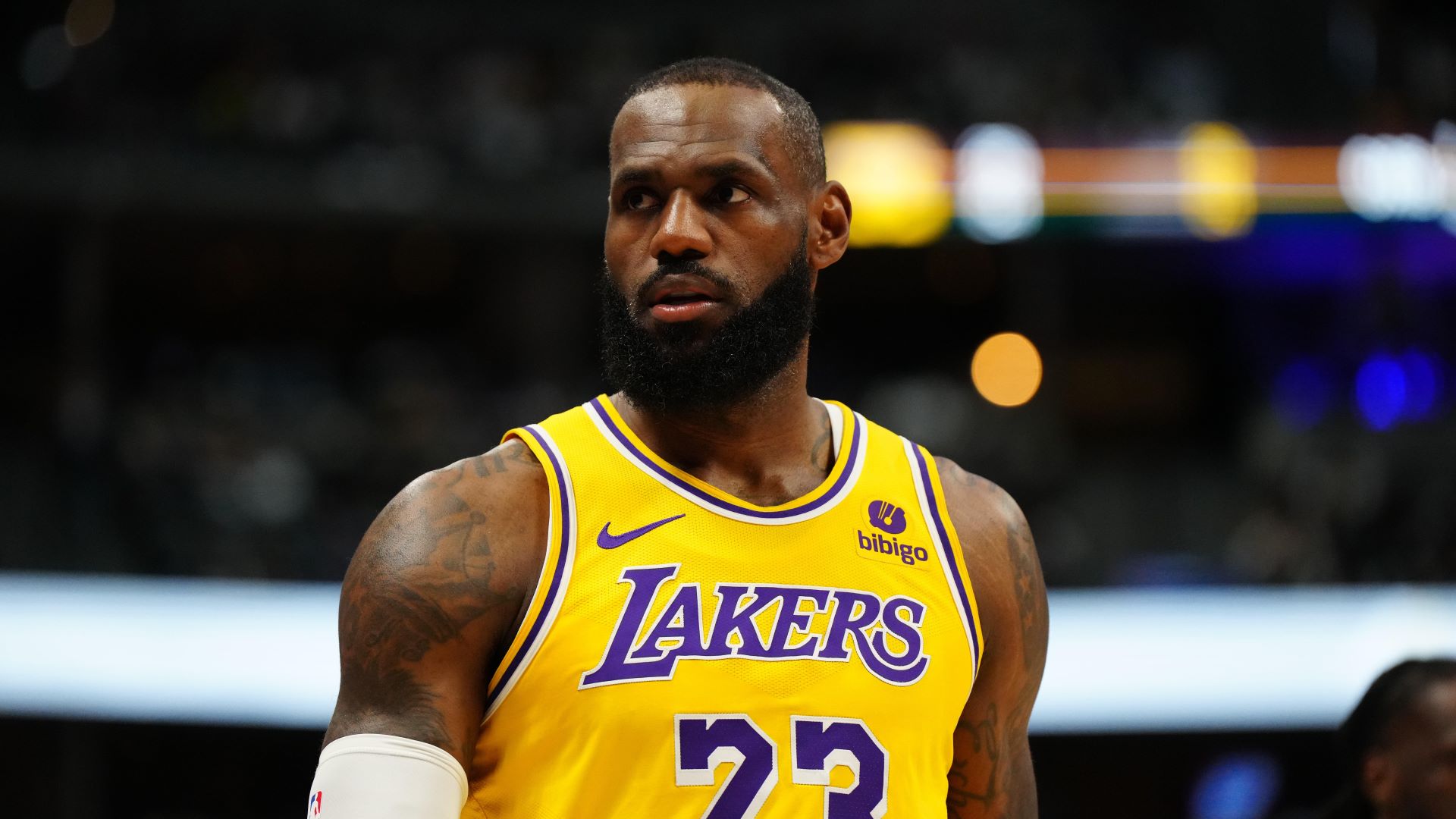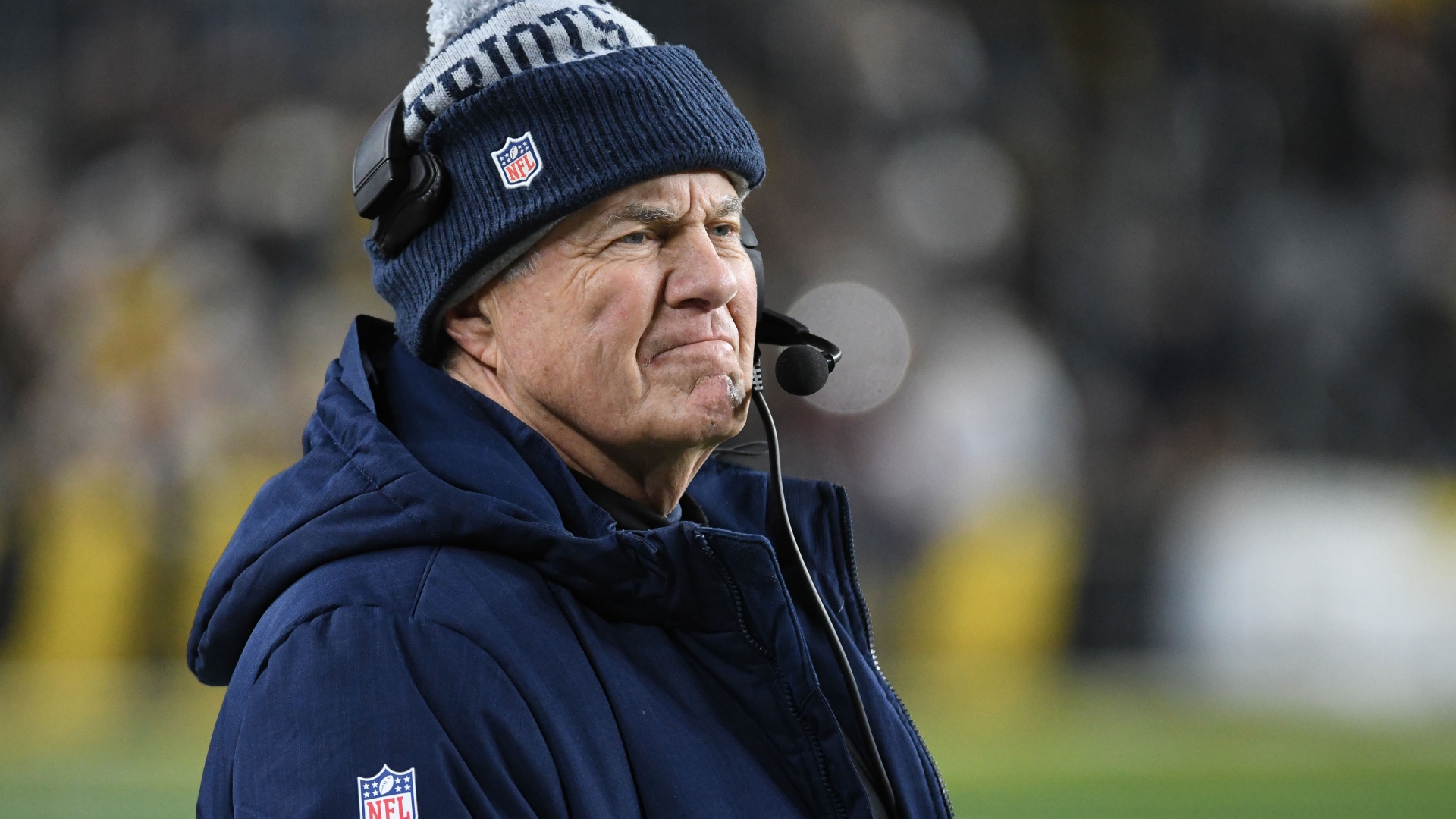Two men on and one out. Top of the eighth. Phillies down 3-1 in Game 2 of the World Series. Up comes Chase Utley to take on Mariano Rivera. With the game on the line, Philadelphia’s All-Star second basemen grounds into an inning-ending, 4-6-3 double play.
Or did he?
Replays showed that Utley was in fact safe at first base, which would have given the Phillies two men on and two out with slugger Ryan Howard coming up to the plate. But instead, the Yankees caught a break and got out of the inning unharmed.
Of course, the Phillies had been beneficiaries of a questionable call only half an inning earlier, when they turned a double play on a ball that an ump ruled Ryan Howard had caught — even though slow motion replays showed that he appeared to trap it.
While these calls likely didn’t change the outcome of the game, they underscore an issue that has been prevalent throughout this year’s playoffs: the drastic number of incorrect calls made by umpires.
In the ALDS, Phil Cuzzi ruled that a clear ground-rule double from Joe Mauer was actually a foul ball — a call that proved costly for the Twins as they lost the extra-inning affair to the Yankees. In the ALCS, Tim McClelland made what some have deemed the worst call in the history of professional sports when Jorge Posada and Robinson Cano both found themselves standing next to third base — but neither one actually standing on the base. Both were tagged, but Cano (who, to his credit, had the presence of mind to slip his foot on the base, place his hands on his hips and act like he’d been there the whole time) was ruled safe at third.
Those haven’t been the only missed calls this postseason, just the most egregious. Red Sox fans still feel shafted by the numerous controversial calls made in the series against the Angels, and Dodgers and Rockies fans have their own gripes as well.
The problem with these missed calls isn’t that they’re wrong — things happen fast on the diamond, and umpires are only human. The problem is that Major League Baseball isn’t doing anything to rectify the situation.
What this postseason has proved is that there needs to be some type of instant replay review system in baseball. In the time that it takes for umpires to hold a conference about a call — and to argue with managers on the wrong side of their decisions — everyone watching the game at home already knows what actually happened.
Most people in baseball seem opposed to such a decision. Bud Selig continues to say that human error is part of the game, and Angels’ manager Mike Scioscia argued that a good team should be able to overcome any incorrect call.
"I don't think [instant replay is] practical." Scioscia told the L.A. Times. "I don't think it's needed … If you're playing at a certain level, you should be able to absorb a call that doesn't go your way — a bloop hit, an error that maybe somebody in the field makes — and still play at a high level to absorb that and come out on top. So I don't think it's anything that should be expanded in baseball."
While it’s commendable that Scioscia refuses to make excuses for losses, there’s an error in his line of reasoning. Baseball is all about timeliness — a timely hit, a timely strikeout and sometimes, a timely break courtesy of the umpires. When you’re playing at such a high level, as Scioscia said, and teams are so evenly matched, all it can take is one little mishap to upset the balance of a game and change the outcome.
Instant replay challenges shouldn’t be limitless, and not every type of call should be reviewable. Balls and strikes, for example, should not be challenged because the strike zone that an umpire has been calling all game might not necessarily match up with the strike zone used by the computerized pitch-tracking system.
But baserunning and fielding plays are another issue. As instant replay of home runs proved this year — when calls were challenged 58 times and overturned in 20 instances — the review process is often quick and easy. Enabling challenges of plays in the field and on the bases would likely speed up the game and ensure accuracy.
Tradition is important, but its grip on the game shouldn’t be absolute and divine. Selig has shown his willingness to cast off the long-held customs of baseball — that’s why there’s a wild card and interleague play.
Instant replay review is an even more important change. It’s not simply a novelty that will increase attendance and viewership; it’s a necessity that baseball must implement to guarantee fairness. And, like the institution of the wild card and interleague play, it will almost certainly end up having a positive impact on the game.
On the field, the right call is often difficult to see. But for Selig, the call here should be painfully obvious. Baseball needs, and deserves, an instant replay system.



